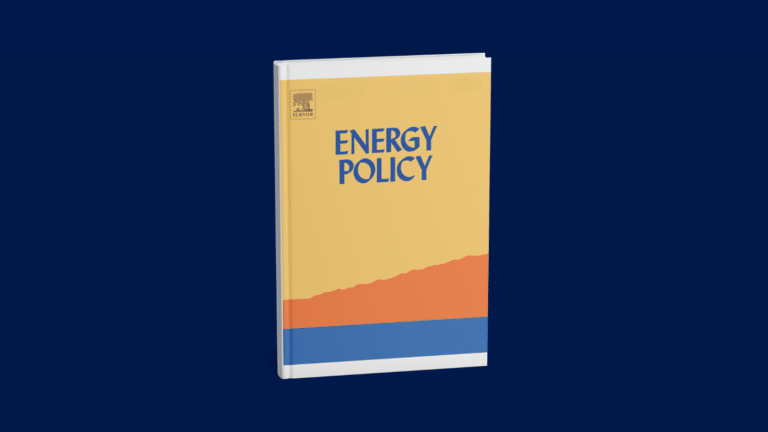What Trump’s Executive Orders Really Mean for the Climate
“The decisions that companies make about how much to grow oil production are first and foremost going to be determined by market signals.”
Current Access Level “I” – ID Only: CUID holders and approved guests only. Building Access: Normal building operating hours with exceptions. Read more about the campus status level system and campus access information. See the latest updates to the community regarding campus planning.
The Energy Opportunity Lab identifies specific ideas that respond to environmental and market needs to empower people and communities with sustainable and accessible energy solutions.
Mission
To work with communities to improve opportunities for sustainable energy inclusion, innovation, and growth. The Lab also supports progress toward the overall goal of a just energy transition to low-carbon energy.
Goals
Energy use in developing countries is rising fast, but historically, they have contributed just a small fraction of the existing carbon in the atmosphere. They also bear the brunt of the effects of a warming planet. Internationally, EOL will address barriers that low and middle income countries face that hinder access to clean energy solutions while supporting rapid economic growth. EOL will help developing economies navigate a fair and just path in their energy transitions.
In the US, poorer households and households of color consume less energy than the average household. At the same time they spend a greater share of their income—roughly three times more than non–low-income households—on energy. They also have less access to the benefits of the transition to low-carbon energy systems. EOL will develop solutions and partner with communities across the US to address the energy disparities and burdens facing disadvantaged communities that block their opportunities for growth and prosperity in the energy transition.
The initiative will work closely with a broad range of partners and stakeholders, both in the US and abroad. It will build off of and support work by others in this area, from across Columbia University as well as in industry, government, civil society, and academia, in order to advance sound and constructive energy and climate solutions in the real world. The Energy Opportunity Lab will form multidisciplinary partnerships that create solutions and foster cooperation.

Kenya and South Africa have recently started moving toward an open access regime in their electricity sectors, while the US and India have been on this path for over two decades.


Almost 34 million American households were considered energy insecure in 2020 (the latest date such data were compiled by the US Energy Information Administration), with the majority foregoing...
